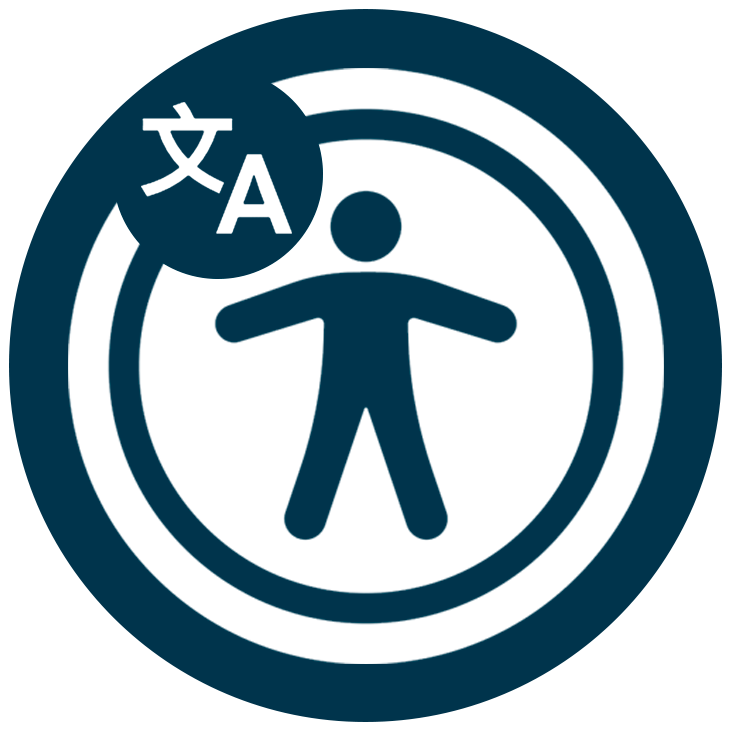On May 22, 2024, we celebrate National Numeracy Day, an initiative led by National Numeracy to promote the importance of numeracy skills and build confidence with numbers. This day is dedicated to encouraging individuals of all ages to engage in activities and events that highlight the significance of numeracy in our daily lives. Let’s delve into the importance of numeracy, the challenges many face with numbers, and how National Numeracy Day aims to empower everyone to improve their numeracy skills.
Understanding Numeracy
Numeracy is the ability to understand and work with numbers. It encompasses a range of skills, from basic arithmetic and data interpretation to more advanced problem-solving and decision-making abilities. Numeracy is essential in our everyday lives, whether we are budgeting, cooking, shopping, or managing time. Strong numeracy skills contribute to better job opportunities, financial stability, and overall confidence in handling various tasks.
The Importance of Numeracy
Numeracy is not just about mathematical proficiency; it’s about having the confidence to use numbers effectively in everyday situations. Here are some reasons why numeracy is important:
- Financial Literacy: Good numeracy skills help individuals manage their finances, make informed financial decisions, and avoid debt.
- Employment Opportunities: Many jobs require numeracy skills, and being confident with numbers can enhance employability and career progression.
- Problem-Solving: Numeracy skills enable individuals to analyse data, identify patterns, and solve problems efficiently.
- Daily Life: From measuring ingredients for a recipe to planning a trip, numeracy skills are integral to navigating everyday tasks successfully.
Challenges with Numeracy
Despite its importance, many people struggle with numeracy due to various factors such as educational gaps, lack of confidence, or anxiety around numbers. National Numeracy Day aims to address these challenges by providing resources, support, and encouragement to help individuals build their confidence and improve their numeracy skills.
Activities and Events on National Numeracy Day
National Numeracy Day features a variety of activities and events designed to engage and inspire individuals to develop their numeracy skills. Some of the key initiatives include:
- Workshops and Webinars: Educational sessions that offer practical tips and strategies for improving numeracy skills in everyday contexts.
- Interactive Challenges: Fun and engaging numeracy challenges that encourage participants to test and enhance their numerical abilities.
- Resource Sharing: Access to a wealth of online resources, including tutorials, games, and educational materials to support ongoing learning.
- Community Events: Local events and community gatherings that promote numeracy awareness and provide opportunities for collaborative learning.
How You Can Get Involved
Everyone can play a part in celebrating National Numeracy Day and promoting the importance of numeracy. Here are some ways to get involved:
- Participate in Events: Join workshops, webinars, and local events to learn new numeracy skills and meet others who are also working to improve their confidence with numbers.
- Share Resources: Spread the word about available numeracy resources and encourage friends, family, and colleagues to take advantage of them.
- Engage in Numeracy Challenges: Take on numeracy challenges and share your progress on social media to inspire others.
- Support Educational Initiatives: Advocate for numeracy education in schools and communities to ensure that everyone has the opportunity to build essential numeracy skills.
National Numeracy Day is a celebration of numbers and the crucial role they play in our lives. By participating in the activities and events on May 22, 2024, we can all take steps to improve our numeracy skills, build confidence, and support a culture of numerical literacy. Let's embrace this opportunity to boost our confidence with numbers and encourage others to do the same, paving the way for a more numerate and empowered society.











